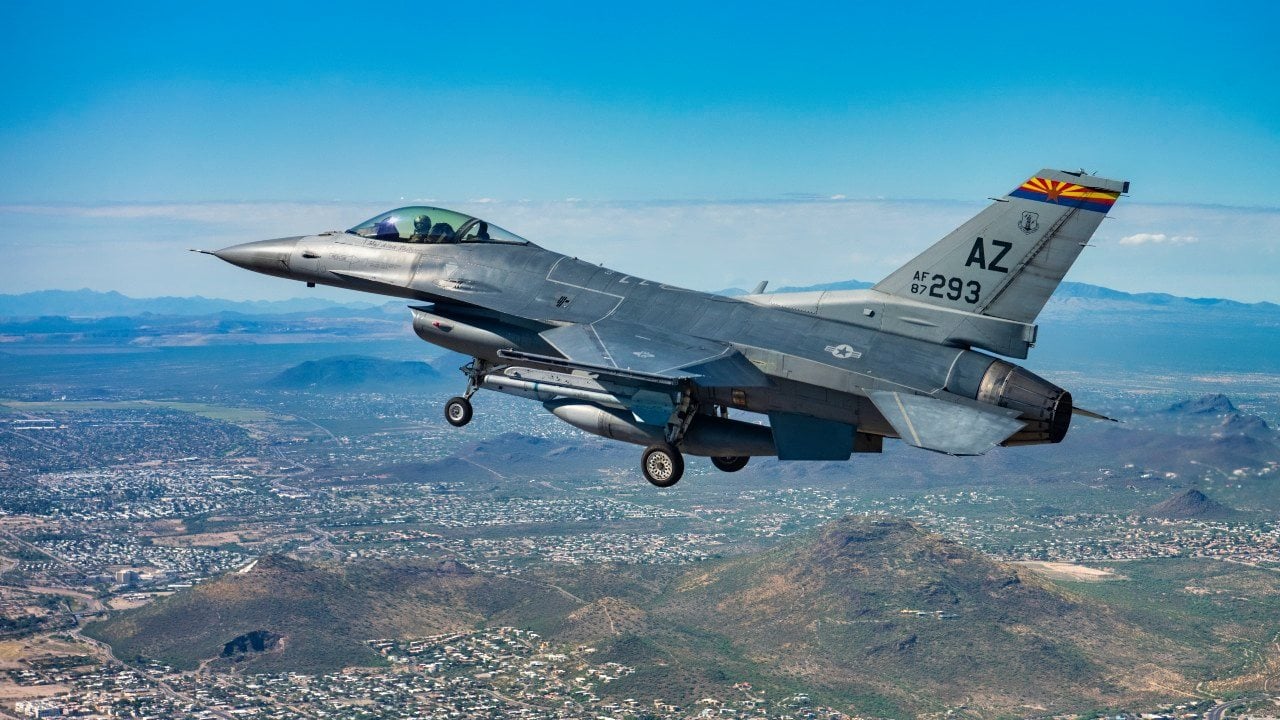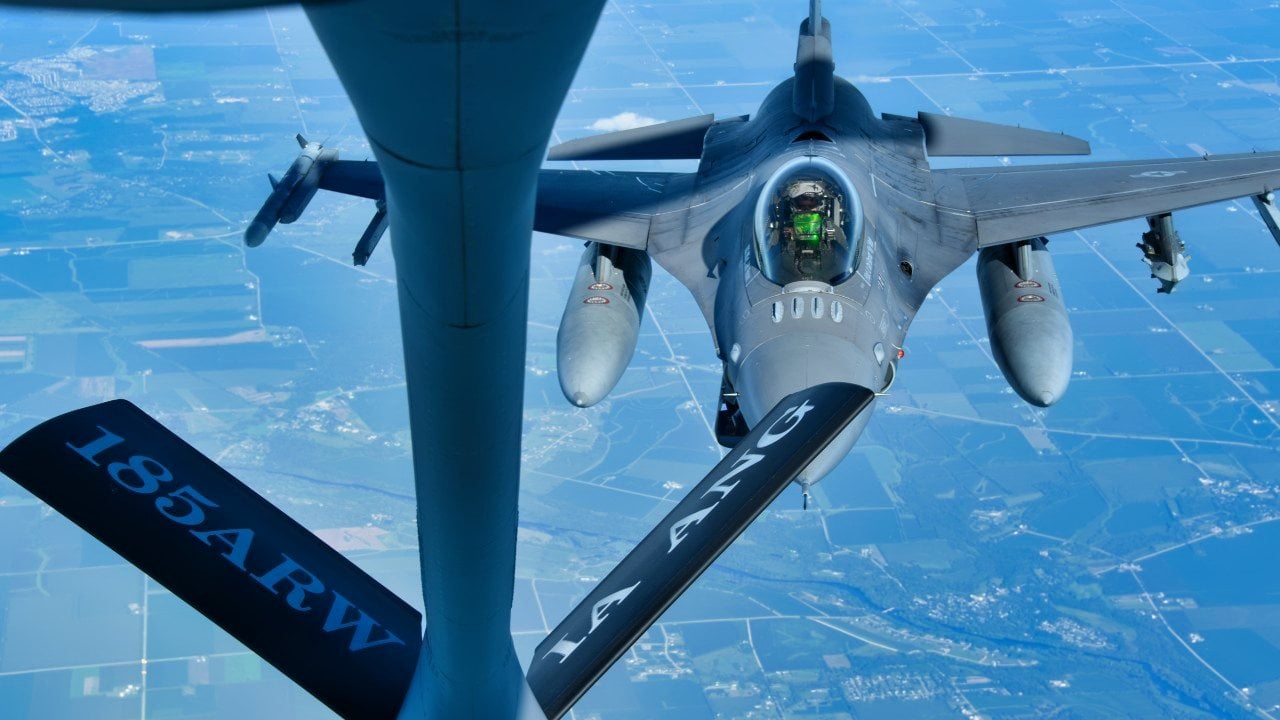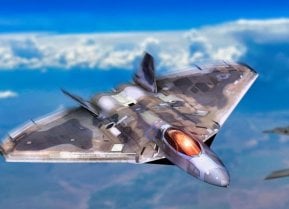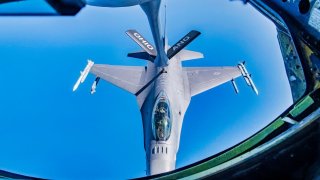Why Turkey Is Cutting Back It Massive F-16 Fighter Jet Deal
Summary and Key Points: Turkey is reducing its planned $23 billion acquisition of forty Block-70 F-16 Fighting Falcons and 79 upgrade kits to cut domestic spending, potentially saving billions.

-This decision follows the recent approval from the U.S. after Turkey agreed to Sweden's NATO membership.
-Lockheed Martin remains confident in the F-16's benefits for Turkey. However, Turkey's focus appears to be shifting towards its domestically-developed TAI KAAN (TF) fighter, which had its maiden flight in February.
-Additionally, Turkey has considered other options, like the Eurofighter Typhoon, although the current trend indicates a stronger emphasis on enhancing its domestic aerospace capabilities.
Ankara to Scale Back F-16 Fighting Falcon Acquisition as it Looks to Alternative Options
NATO member Turkey (Türkiye) has been pushing to purchase forty of the Block-70 F-16 Fighting Falcon, along with 79 upgrade kits for its existing fleet of aircraft to bolster its air force. Ankara had first expressed interest in the F-16 in October 2021; more than two years after Washington expelled its European ally from the fifth-generation F-35 fighter program for its acquisition of the Russian-made S-400 "Triumf" air-defense system.
The United States had finally agreed to conclude the deal after Turkey approved Sweden's bid to join NATO, but it now appears that Ankara is set to scale back its planned $23 billion defense contract.
Bloomberg first reported this week that Turkey may seek to buy fewer upgrade kits as it is attempting to cut domestic spending. Ankara could save billions of dollars, and use the money towards its military aviation industry.

A Lockheed Martin spokesperson told Bloomberg News that the aerospace firm remains "confident the F-16 Block 70 and V upgrade package represents the best mix of advanced 21st Century Security capabilities, enhanced NATO interoperability, and affordable operating and life cycle costs for Turkey."
Turkey Developing its Aircraft While Seeking Foreign Warplanes
Ankara has sought to retire its aging fleet of F-4 fighters, and the F-16s have been seen largely as a stopgap measure as Turkey continues the development of its domestically-built TAI KAAN (TF) fighter.
That aircraft has been in development for more than a decade, and it was only in February that it made its maiden flight.
The Turkish Armed Forces signed an agreement with Turkish Aerospace Industries (TAI) to draw up conceptual prototype designs for the fighter in 2017 as part of a $125 million (£100 million) that included cooperation from the UK's BAE Systems. TAI and TUSAS Engine Industries (TEI) have further collaborated on the fighter's design, researching how to keep costs down while incorporating more sophisticated mechanical and electrical systems.
Turkey has also looked at other options, and last November began talks with the UK and Spain to purchase 40 Eurofighter Typhoon aircraft when it appeared that the F-16 deal might not be completed. However, Germany objected to the idea. The Eurofighter is operated by the four partner nations of Germany, the UK, Italy, and Spain and their leading aerospace and defense companies including Airbus, BAE Systems, and Leonardo.

Berlin has since been open to the idea, but given that Ankara is already scaling back on the F-16 could serve to indicate that Turkey may also pivot away from the Eurofighter.
Given that Turkey was expelled from the F-35 program and has faced numerous hurdles in purchasing a modern fighter, it seems that the NATO member may instead enhance its domestic aerospace capabilities and build its own fighters.
Author Experience and Expertise: Peter Suciu
Peter Suciu is a Michigan-based writer. He has contributed to more than four dozen magazines, newspapers, and websites with over 3,200 published pieces over a twenty-year career in journalism. He regularly writes about military hardware, firearms history, cybersecurity, politics, and international affairs. Peter is also a Contributing Writer for Forbes and Clearance Jobs. You can follow him on Twitter: @PeterSuciu. You can email the author: [email protected].


